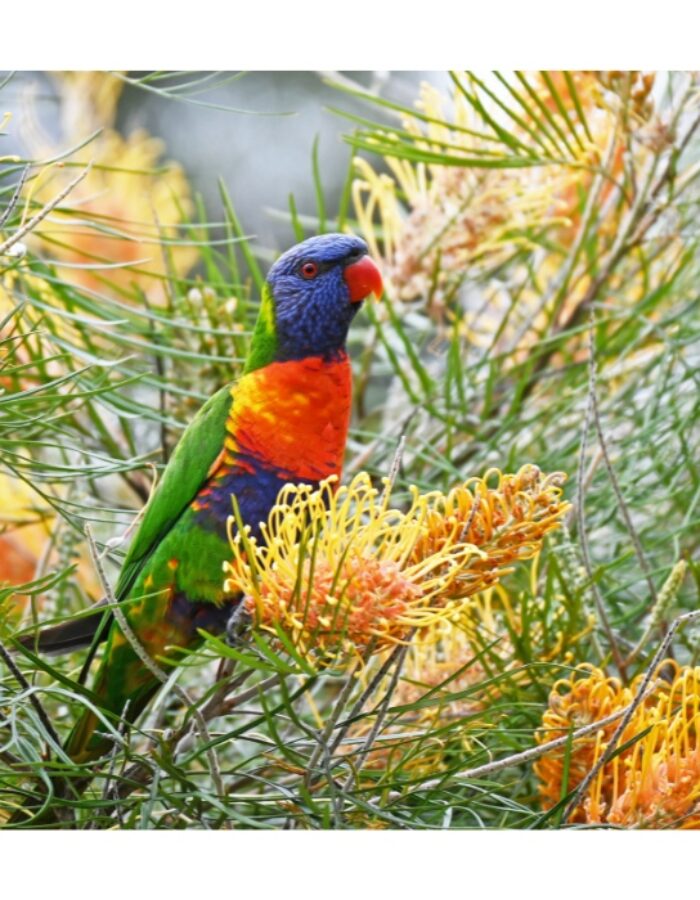Fertility is probably the aspect of gardening that concerns a lot of us most. And rightly so, since without nutrients plants won’t grow – especially if we are attempting to grow ‘hungry’ plants, like annuals, bulbs and edibles. Unfortunately, this sometimes means our first thought is to buy liquid fertilisers and pour them on. But this probably does more harm than good. Do we know what the particular plant needs? What is the best type of fertiliser? Is a fertiliser actually going to do some harm?
Growing plants in the appropriate spot, with the right soil pH, water, light and soil preparation can make a world of difference to the amount of supplementary feeding plants require, and this should always be the first things to consider.
However, if your plants need more tucker, you may wish to consider a fertiliser. But what sort will be best? A good rule of thumb is to choose something solid that will release nutrient slowly. Manures and worm castings are good first choices and fit in with organic and permaculture gardening principles.
But if you don’t have chooks or cows, you will need to buy something. Granular or pelleted material such as commercially available manures, blood and bone with rock dust supplement or specially formulated pellets are best if you want sustained fertility.
If your plants really need a quick lift then liquid fertilisers are the go. Products made from natural materials or from recycling natural materials are most sustainable. Excessive use of these is a waste of money and does harm because some of it will just flow right through the soil and find its way into storm water drains and to waterways. Here, the nutrient enrichment can encourage toxic algal blooms.
Seaweed Extracts for the Garden
The term “seaweeds” here to refers to macroalgae – the kind you see clinging to rocks at low tide, or in beautiful subtidal gardens (these can also…
Why Sustainable Gardening?
Some people might ask why SGA talks about sustainable gardening rather than just gardening. The fact is that horticulture in the hands of home…
Worm Wicking – One Year On
Last August, I wrote an article for SGA about my first attempt at a Sustainable Wicking Worm Bed. For details see…
Worms and Worm Farms
So, most of us have had a pet of some sort over the course of our lives, our pets bring us joy, love, laughter, and good times. But imagine owning…
Composting Big Time
Look what’s happening to our garden waste. SGA visited the Epping Resource Recovery Facility in Victoria which was developed by Greenplanet…

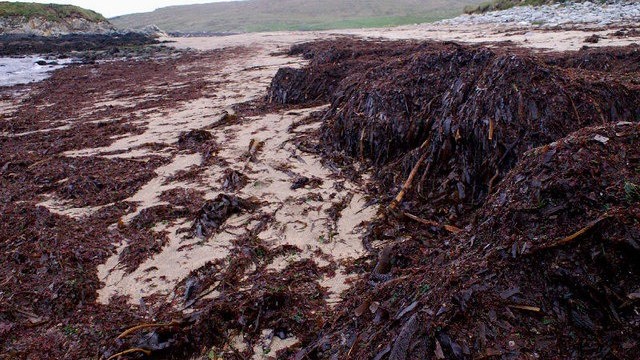
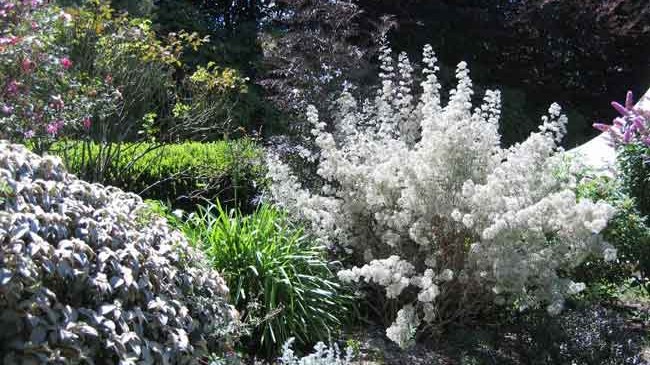
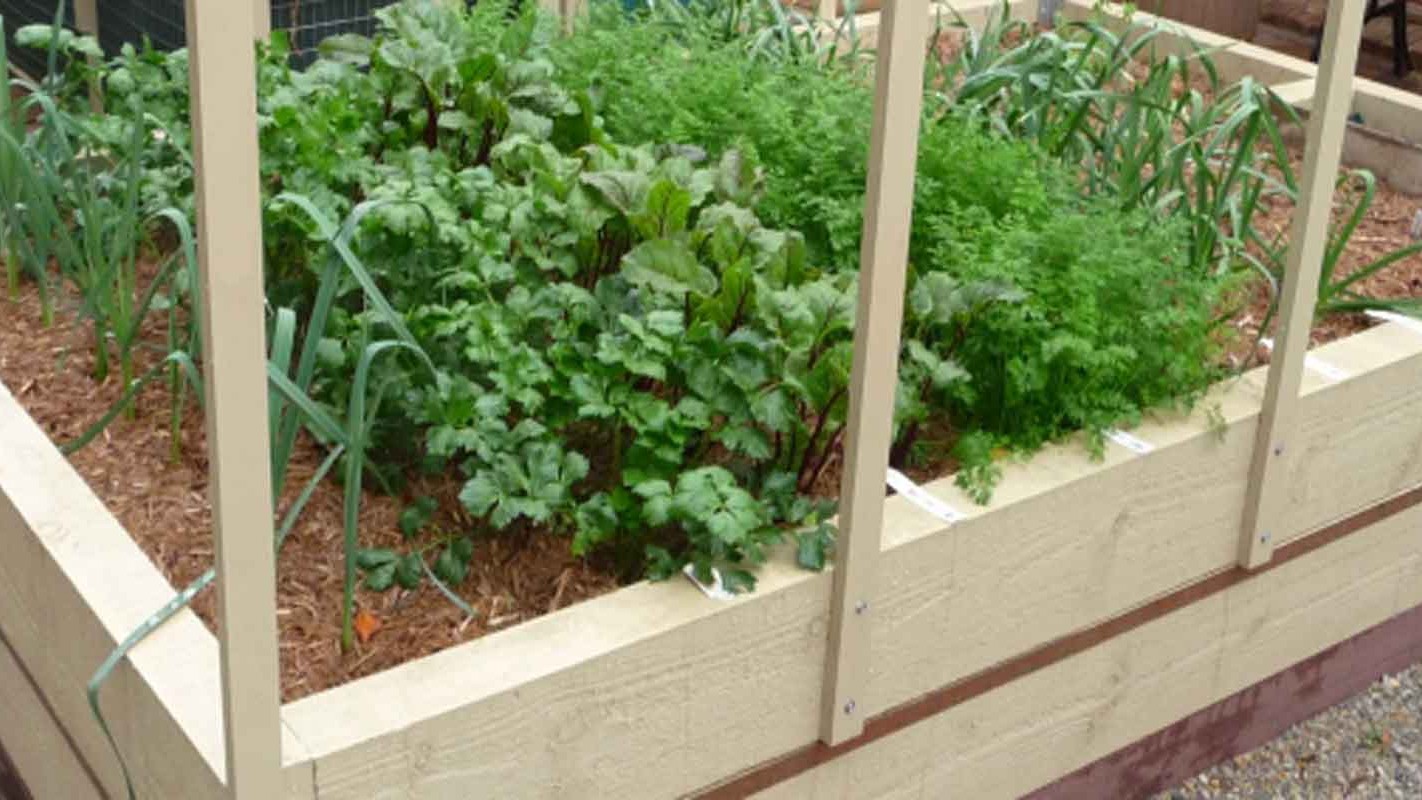
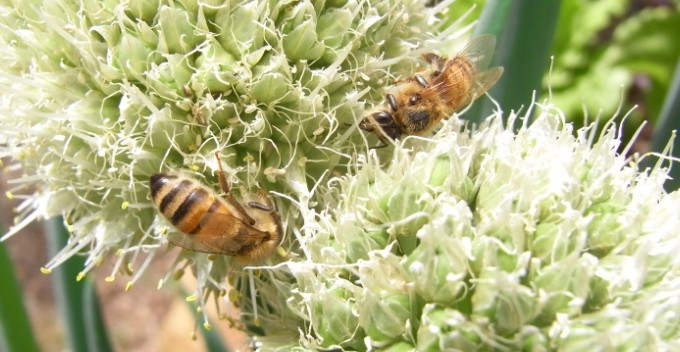
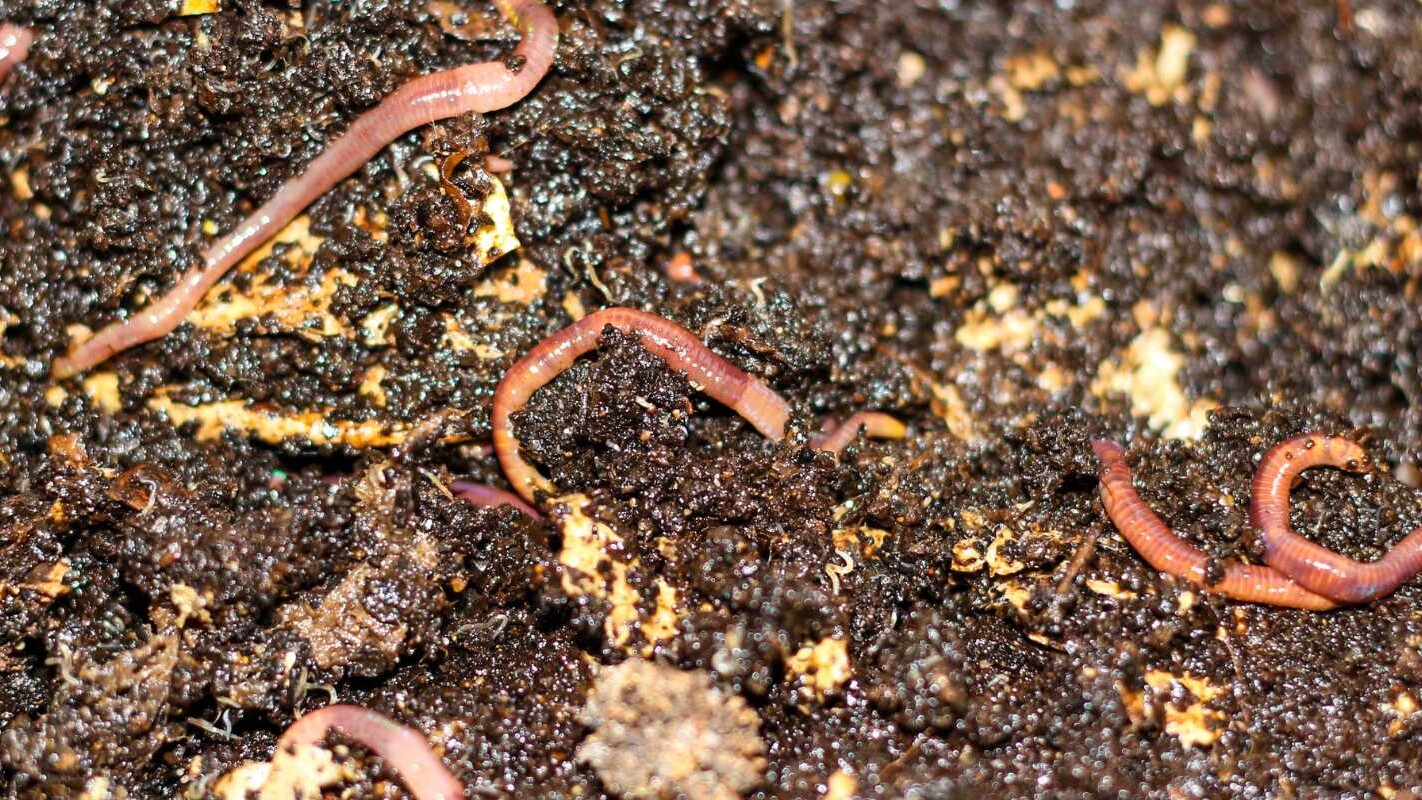
 …
…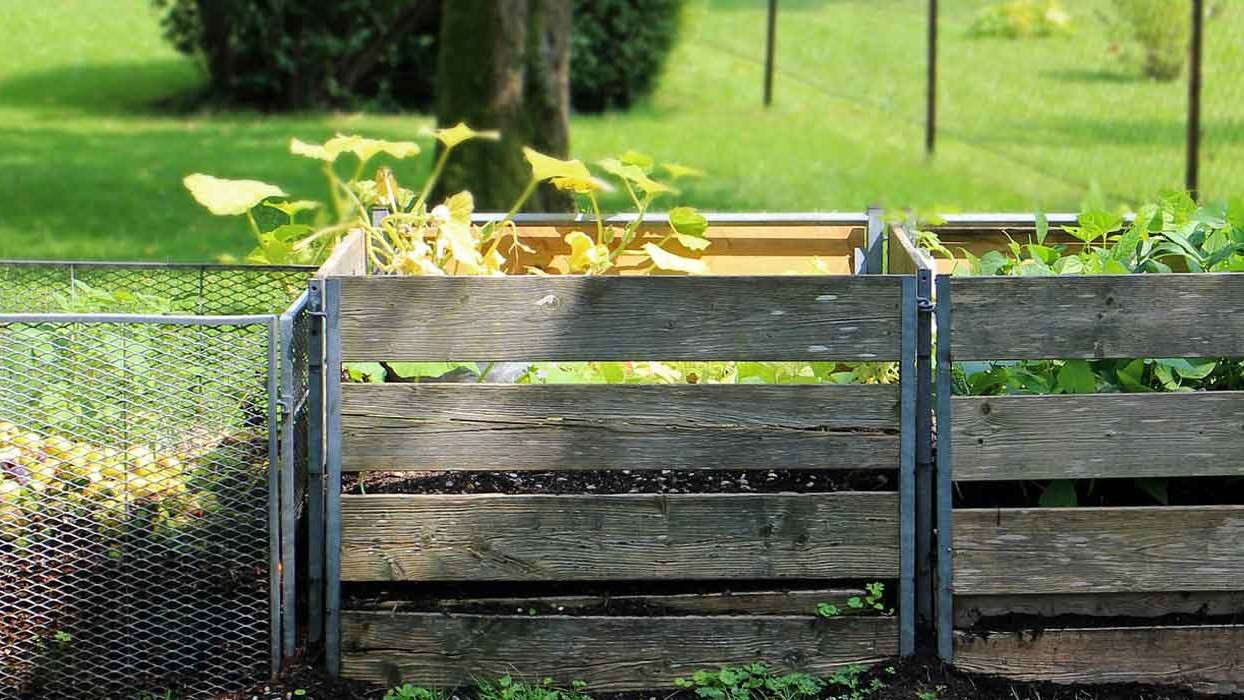
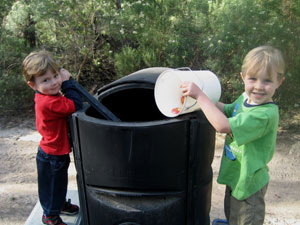 …
…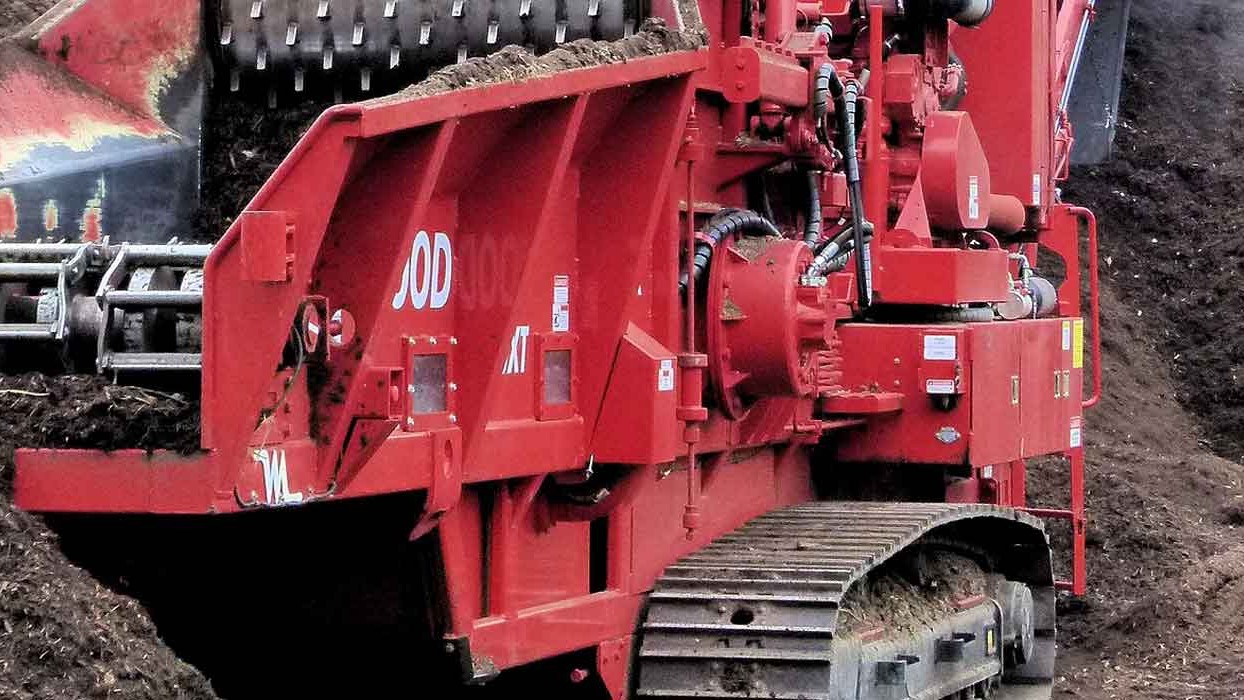
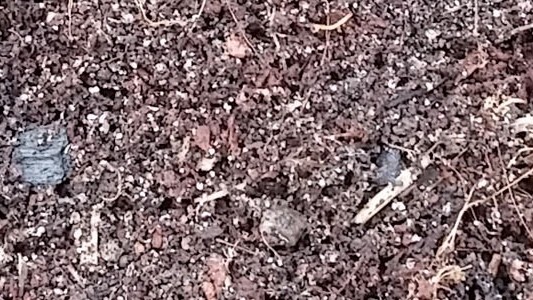
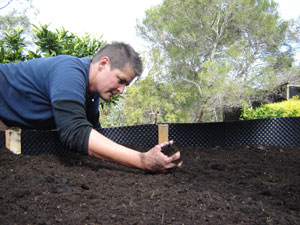 It's…
It's…